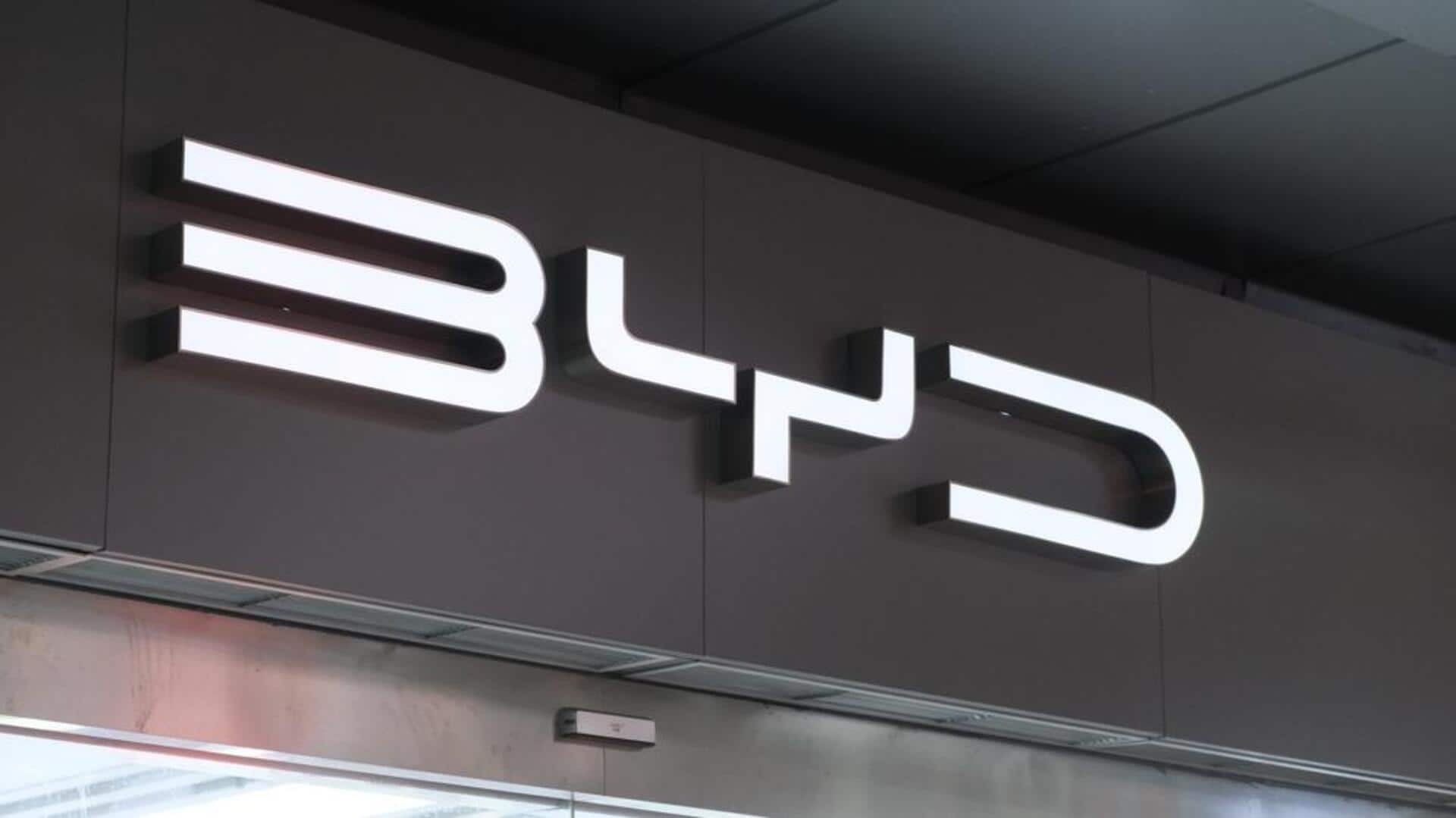
BYD's $1 billion EV investment plan in India awaits approval
What's the story
Chinese automaker BYD is eager to set up a car manufacturing base in India. However, it has not received any clear signal from the Indian government, on a possible relaxation of strict investment rules for Chinese companies. This was revealed by Rajeev Chauhan, chief of BYD's passenger EV business in India. The company had proposed a $1 billion investment last year to build EVs in India, with a local partner.
Investment delay
Investment plan pending due to increased scrutiny
That said, BYD's investment plan is still awaiting approval as the Indian government has intensified its scrutiny of Chinese investments. The scrutiny comes after a border dispute between the two countries in 2020. Chauhan, however, expressed hopes for an improvement in the situation. He said, "We do hope things will become a little better. That is the time we would definitely like to think a little more on this subject."
Market strategy
Current status and future plans
BYD, which has already invested $200 million in India, only sells imported EVs like the Atto 3 SUV and the Seal sedan. Despite being a small player, India is an important market for this rapidly expanding global car and battery manufacturer. Chauhan revealed that while waiting for investment approval, BYD hopes to lure rich Indian consumers with its imported high-end EVs.
Premium positioning
BYD targets premium EV segment
Further explaining BYD's market strategy, Chauhan said, "There are a lot of players in the mass segment and quite a few players in the luxury segment. The premium segment, that's where we are trying to reach and position." He believes BYD can carve a niche for itself in the ₹20-50 lakh price range where competition is relatively low.
New launch
BYD introduces 7-seater family car in India
As part of its strategy, BYD has launched a seven-seater family car called the eMax 7 in India. The car is priced between ₹26.9-29.9 lakh and delivers a range of 420-530km on a single charge. According to government data, BYD sold around 2,300 cars in India last year. Chauhan expects to exceed that number this year, as over 1,900 EVs have already been sold in the initial nine months of 2024.